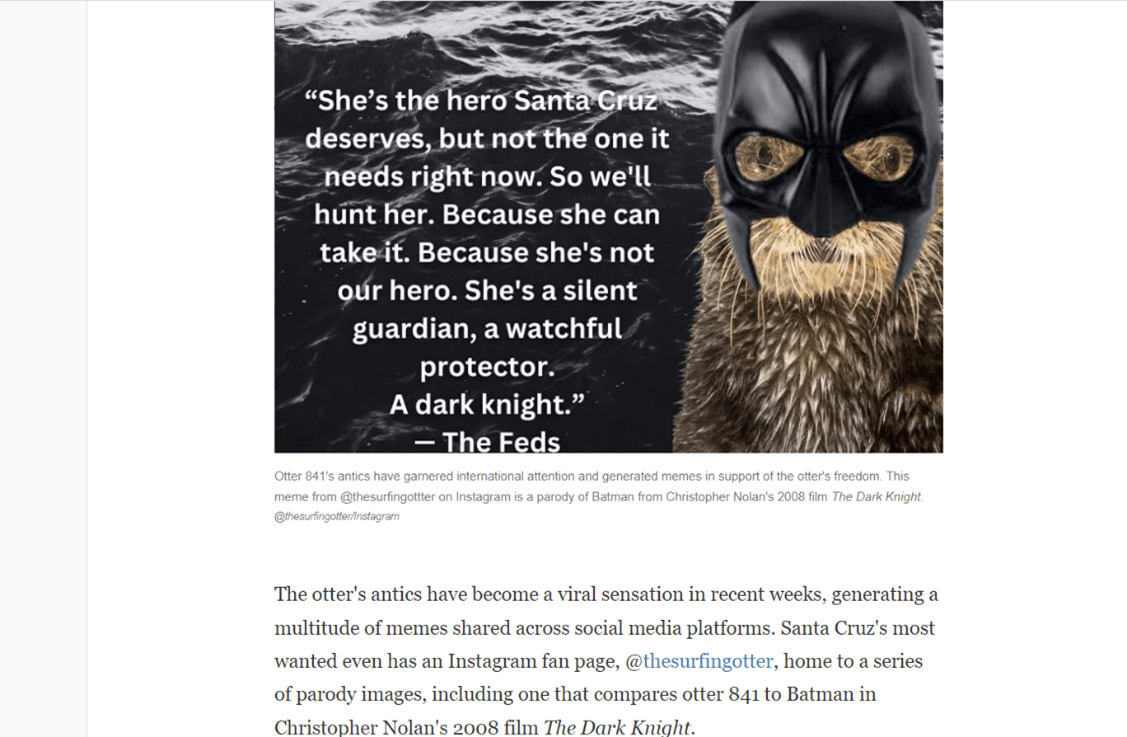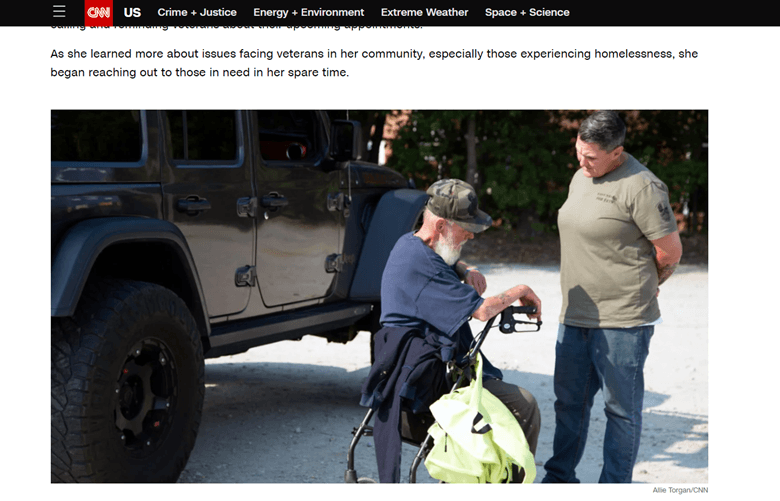Read All About It! The Eight Elements of News

What are the elements of news and how can marketers use them to get more eyes on their content?
One of the things that plays on the mind of any marketer involved in creating content is just how to get an audience to sit up and listen. All the hours of writing, editing and proofing can come to nothing if content is just left to sit on a website that nobody visits, or placed on a piece of collateral that goes straight in the trash.
This is something that Todd Van Hoosear, marketing and communications expert and lecturer at Boston University, is an expert on, and he had some great tips for our Progress Exchange conference attendees on what makes content newsworthy. He recommends that a great way to test whether your copy is likely to get attention is to see how it measures up against the elements of news.
Click to Tweet: The Eight Elements of News
What are the Eight Elements of News?
So, what are the principal elements of news, and how can marketers incorporate them into their content?
1. News Immediacy
Has it just happened? Notice how prominently Twitter feeds are displayed during live TV and radio coverage of events. Whether it's the Super Bowl or a humanitarian crisis, information provided via the social media feeds of individuals is seen as valuable and relevant.
In 2019, the U.S. women’s national soccer team beat the Netherlands in the World Cup, an event that spectators around the world followed closely. Twitter users voiced their support and congratulations for the team during and after the game, allowing news outlets to use these tweets to craft a narrative.
Is there an event happening at your organization that would benefit from live updates? Using posts from Twitter or another social media platform can add color to your content.

2. News Proximity
People will pay attention to the stories that impact them or the place they live. From big storms to business closures and sports wins, readers and viewers want to know about the news that’s happening closest to them.
Is the content you’re sharing geographically local to the readership or close to their hearts? Consider your audience and what might be important to them.
3. News Prominence
Is your information or news about something that is highly topical today? Is it about something or someone that people believe to be of great significance or importance?
News about political figures, celebrities or a highly impactful situation attracts a lot of attention. You may not be writing about an election or the latest celebrity scandal, but you can focus on content that features the people and topics that will most interest your readers.
4. News Oddity
There is a reason why videos of animals doing crazy things are so popular on YouTube. We are attracted to things that are a little strange, out of the ordinary and unusual.
Take, for instance, this story about otter 841, a malicious mammal who’s been stealing surfboards at a popular California beach. While state and federal wildlife officials have deemed her a public safety risk, the internet disagrees. Several petitions have circulated in support of 841’s freedom; one has gotten over 50,000 signatures.

News can be fun and even a little silly at times. So, if you have a creative, out-of-the ordinary idea of how to tell your readers something, take the leap—they’ll appreciate it.
5. Conflict in News
Every good story has conflict. Good news stories are no different. Whether a news outlet is covering an election, an ongoing war or a man on a mission to find his lost luggage, conflict is an essential part of a captivating narrative.
So, consider this: Is there an element of struggle in your story? Is what you're describing helping a customer to address a real challenge that significantly impacts their lives or businesses?
6. Suspense in News
Oftentimes, news breaks over a period of days or weeks, and readers and viewers have to tune in regularly to stay updated. One of the most famous examples of this in recent history is the story of the 33 Chilean miners who were rescued from deep inside a mountain. One billion viewers around the world watched the rescue live—an uplifting conclusion to an otherwise terrifying ordeal.
While your content certainly doesn’t need to be as dramatic, it may help to create some suspense. People need a reason to keep reading. Can you create a “cliff-hanger” or leave your readers wanting more?
7. News with Emotion
Anything that speaks to people's experiences and conveys real emotion will help them to connect with your message. The trick is to do this appropriately and with authenticity.
CNN recently interviewed a North Carolina woman who started an outreach program for homeless veterans, providing them with meals, mobile showers and laundry services. The news story is engaging and appeals to readers’ emotions, and by the end, they’re compelled to take action.

The content you write doesn't have to be a tear-jerker of a story, nor does it need to be designed to keep your audience in stitches—sometimes it helps to just be a little more human in your communications.
8. News with Consequence
Does the subject of the story you are telling have an impact on people's lives?
In early 2020, news about COVID-19 was relevant to people around the world. When the World Health Organization officially declared a pandemic in March of that year, there were strong implications for individuals all over the globe—how would this impact their jobs, families and day-to-day lives?
Keeping readers informed and updated on a situation that directly affects them ensures that you’ll get eyes on your content—and that readers will come to see you as a trusted news source.
How Will You Use the Elements of News?
So, there you have it. Eight top tips to measure your next piece of content against. Thinking of any other elements of news that are missing from the list? We'd love to hear from you! Comment below to share them with us.

